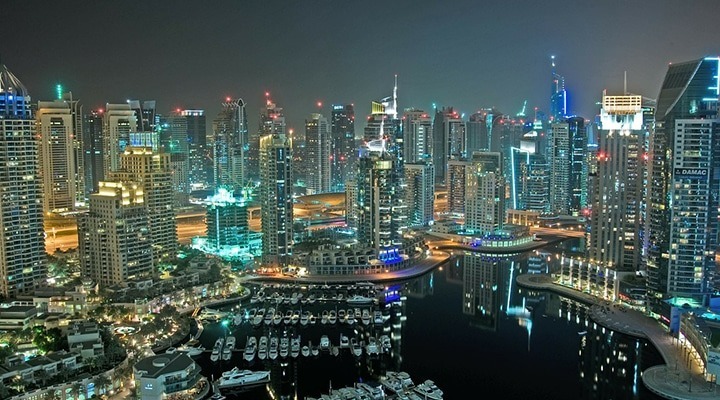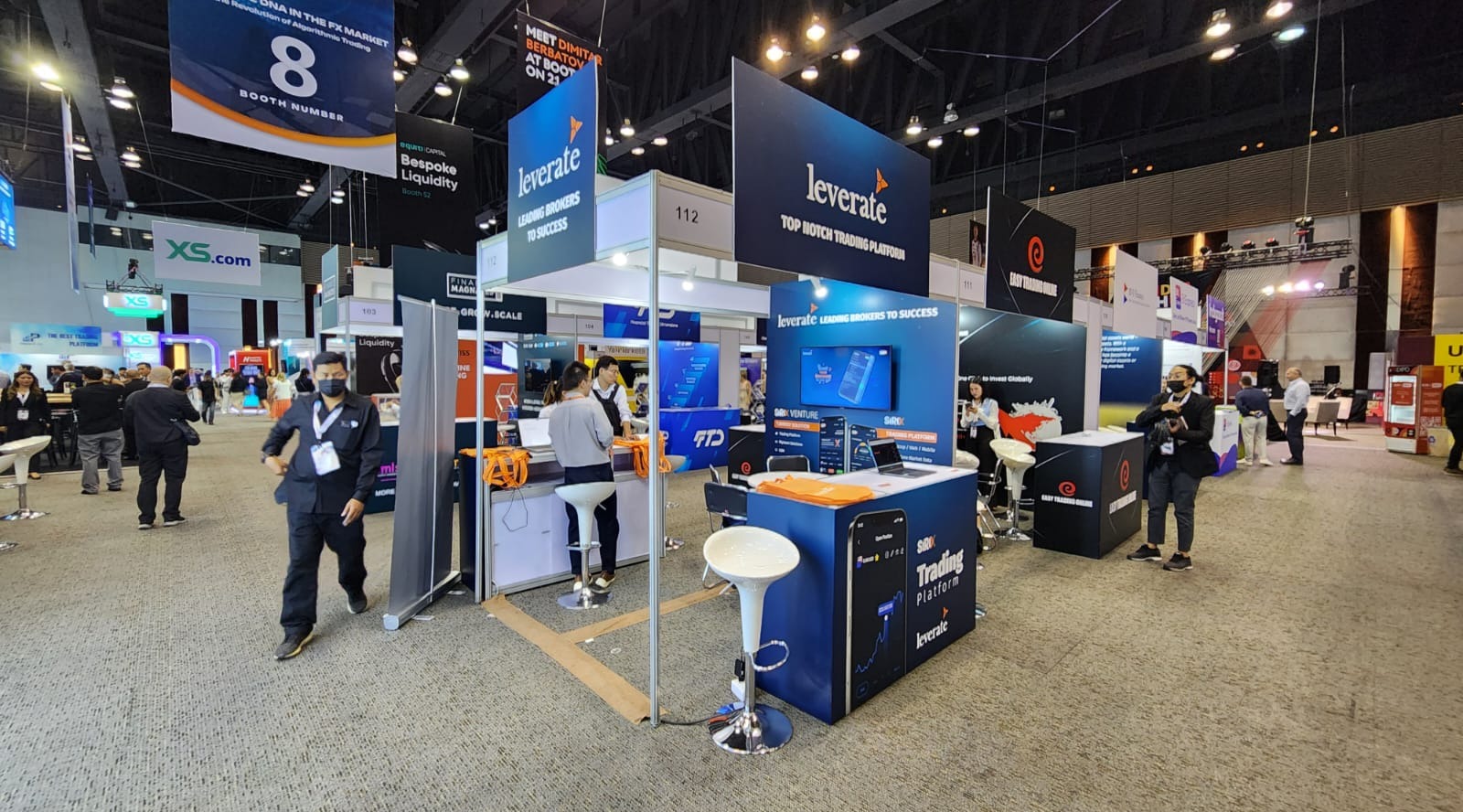The Dubai Financial Services Authority (DFSA) announced its initial list of 'Recognised Crypto Tokens' on Tuesday, changing its current regulatory regime concerning the crypto industry. The list includes Bitcoin (BTC), Ethereum (ETH), and Litecoin (LTC).
The DFSA defines a cryptocurrency token as a token that is used as a medium of exchange or payment or provides a right in another asset that meets the requirements. However, the regulator does not consider non-fungible tokens, utility tokens, and central bank digital currencies (CBDCs) as potential crypto tokens.
As of November 1, only recognized crypto tokens can be transacted within or from the Dubai International Financial Center (DIFC). A similar scheme is used by the Financial Services Regulatory Authority (FSRA) of the Abu Dhabi Global Market (ADGM).
The DFSA began its foray into regulating the cryptocurrency sector by introducing investment tokens in September 2021. These differ from the currently recognized crypto assets and include security assets (i.e., shares, certificates, structured products) and derivative tokens (i.e., futures and options).
Dubai Wants To Become The New Crypto Hub
Dubai is taking more steps to become an international hub to attract experts and cryptocurrency companies. Earlier this year, the Virtual Asset Law (VAL) was introduced, establishing the independent Dubai Virtual Assets Regulatory Authority (VARA) to further oversee local industry development.
A mix of low taxes and some of the lowest electricity costs in the world make Dubai a popular spot for cryptocurrency mining. Miners are not even bothered by high temperatures, which in this part of the world can exceed 42°C in summer.
On the other hand, the high temperatures and ample sunshine make it possible to exploit the potential of renewable energy. It is in Dubai that the largest solar power plant is located. Moreover, the UAE believes that by 2024, 20% of its electric power will be from renewable sources.


















